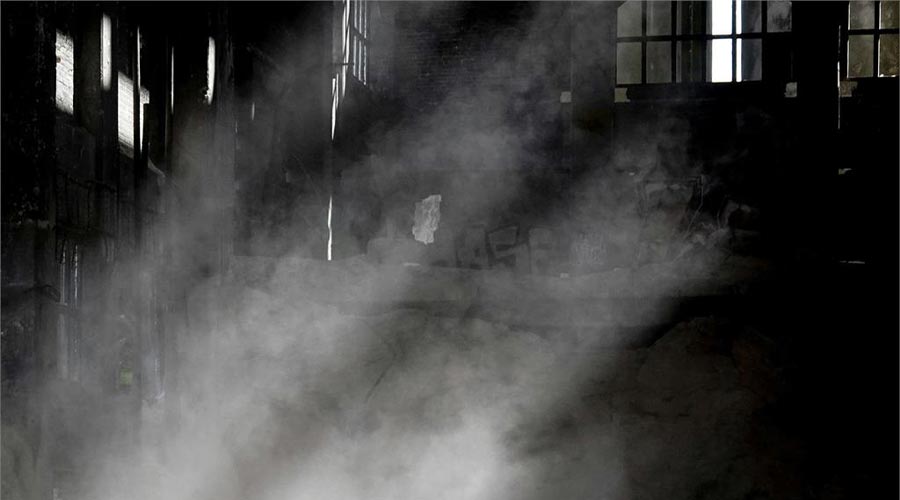
Contributed by John Hilgendorf, ABM Equipment
Dust collection systems remove dust and other particulate matter from the air and are very important for many companies and industries at large—food and beverage processing plants in particular. They come in many forms and configurations for different applications and materials. But, at the highest level, they can be divided into three types of solutions—each with its own unique advantages and disadvantages.?Cartridge dust collectors are known for their high efficiency, low maintenance, and ability to remove a wide range of particle sizes.
Cyclone dust collectors are well-suited for heavy dust and debris removal and have a simple design and low running cost. Baghouses are efficient in capturing fine dust particles but require more maintenance. The choice of dust collection system will depend on the specific requirements of the application and the type of dust or particles that need to be removed.?
All of this addresses the “which” question, but why is dust collection a must-have piece of F&B manufacturing equipment? Consider these 10 top-line reasons.
1. Regulatory Compliance: Many industries are subject to strict regulations regarding air pollution and emissions, and a dust collection system can help companies comply with these regulations by removing dust and other particulate matter from the air.
2. Safety/Liability: Dust and other particulate matter can be hazardous to workers’ health, and a dust collection system can help to reduce the risk of respiratory problems and other health issues by removing these particles from the air.
3. Equipment protection: Dust and other particulate matter can damage equipment and machinery, and a dust collection system can help to extend the life of equipment by removing these particles from the air.
4. Product quality: Dust and other particulate matter can negatively impact product quality, and a dust collection system can help to ensure that products are free from contaminants by removing these particles from the air.
5. Janitorial savings: Dust removed from the air is dust removed from surfaces. Catching the dust before it escapes saves cleaning staff a lot of time and effort.
6. Pest prevention: In F&B processing applications, dust collection is worth it even if just to deter pests because, once you house them, it can be nearly impossible to eliminate them.
7. Energy efficiency: Dust and other particulate matter can clog filters and other components of heating, ventilation, and air conditioning (HVAC) systems, leading to decreased energy and equipment efficiency. A dust collection system can help to improve energy efficiency by removing these particles from the air.
8. Fire prevention: Dust and other particulate matter can be a fire hazard, particularly in industries that reduce the particle size of flammable materials like wood and grains. A dust collection system can help to reduce the risk of fire by removing these particles from the air.
9. Environmental concerns: Dust and other particulate matter from metals and chemicals can be harmful to the environment, and a dust collection system can help to reduce the environmental impact of industrial and commercial operations by removing these particles from the air.
10. Cost savings: Dust and other particulate matter can lead to increased maintenance and repair costs, as well as decreased energy efficiency. A dust collection system can help to reduce these costs by removing these particles from the air.
posted on 6/6/2024

 The Down and Dirty on Cleaning in Virus Season
The Down and Dirty on Cleaning in Virus Season How Surfactant Use is Expanding in Commercial Cleaning
How Surfactant Use is Expanding in Commercial Cleaning